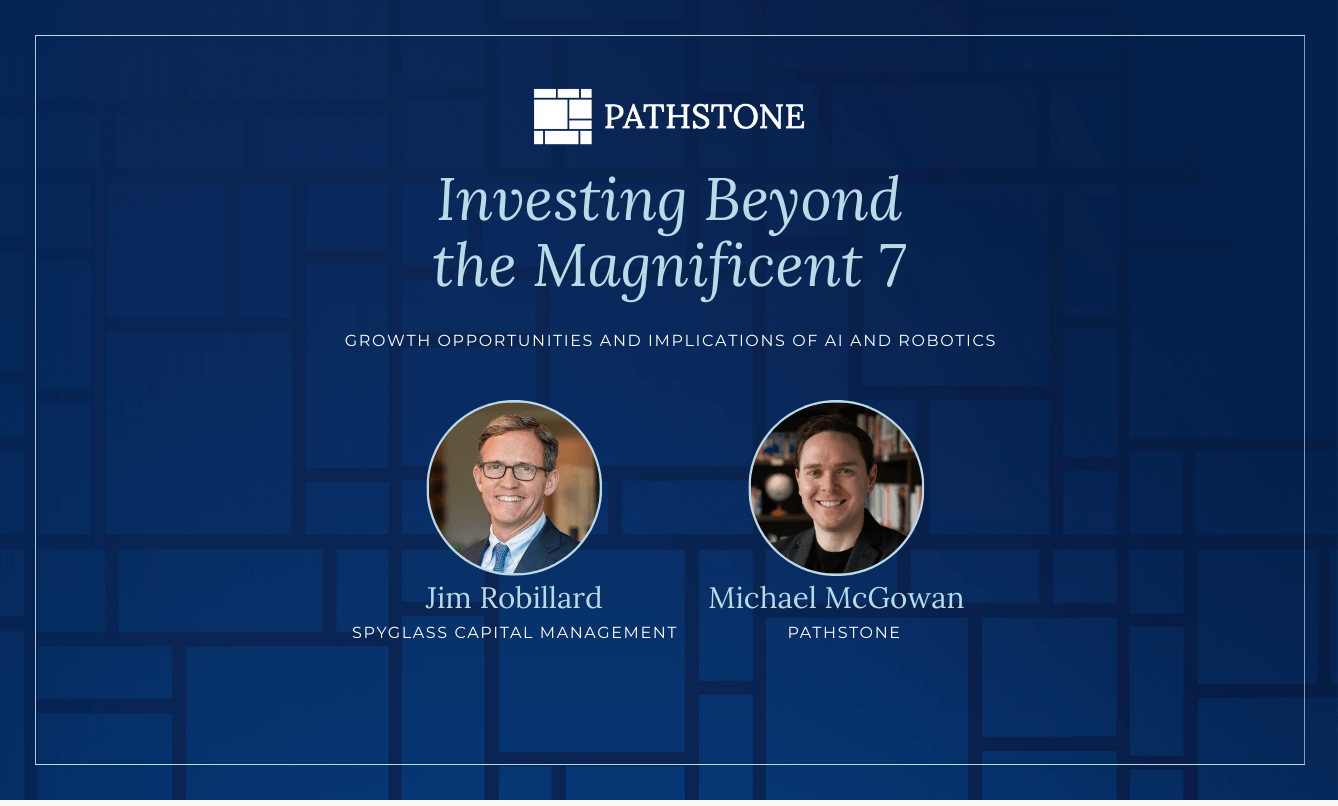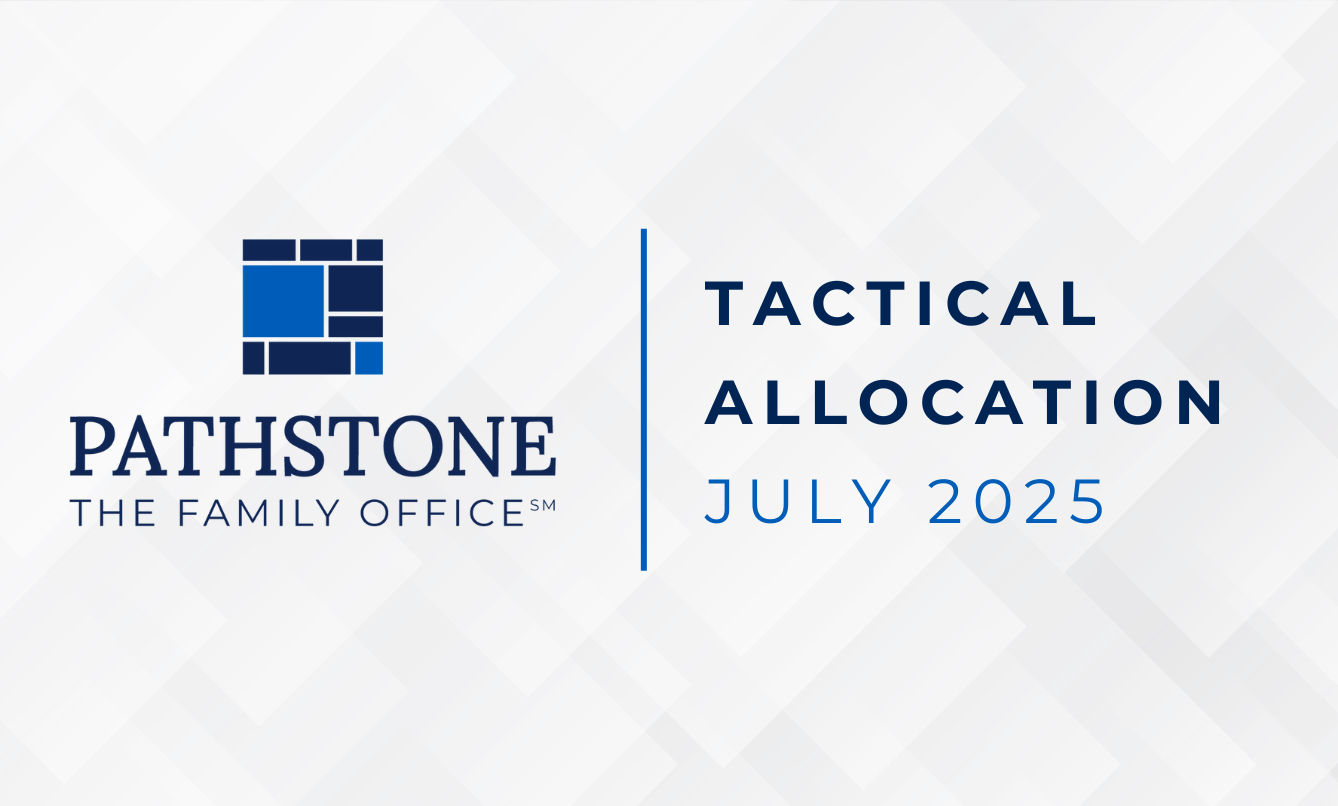Selecting a trustee is a critical decision in the estate and wealth transfer planning process. People often ask a family member or trusted advisor to serve as trustee. This note outlines factors to consider when selecting a trustee, and when a corporate trustee might be the appropriate choice.
Trustee Responsibilities
A trust is a legal entity that owns and manages property for the benefit of a third party. Typically, a person (the grantor or settlor) contributes property to a trust for the benefit of one or more beneficiaries. Every trust requires a trustee, the person or entity responsible for managing the trust. A trustee has a fiduciary — i.e., legally enforceable — duty to manage trust assets for the benefit of current and future beneficiaries according to the terms of the trust and the intentions of the grantor.
The three main duties of a trustee are to invest trust assets, distribute assets to beneficiaries, and administer the trust by maintaining books and records, communicating with interested parties, and coordinating tax reporting and financial operations.
The role of trustee is complex and requires balancing competing interests and exercising judgment. The trustee must be experienced with investment and asset management, knowledgeable about the intentions of the grantor and the needs of the beneficiaries, cognizant of laws and regulations applicable to the trust, and experienced in bookkeeping and tax reporting. If a trustee lacks the requisite skills in a particular area, he or she may hire professionals to carry out certain tasks and may rely on their expertise. However, trustees may be held liable for any breach of their duties.
The choice of trustee can have far-reaching implications for both planning outcomes and the family’s experience. Some of the key issues are highlighted below and in the attached note, provided by Willow Street, a Pathstone sister company providing corporate trustee services in Jackson, Wyoming.
Key Considerations in Selecting a Trustee
Expertise and Professionalism
- Individual trustees are usually trusted family members, friends, or advisors of the grantor and have an understanding of the grantor’s intentions and values; however, these personal relationships may produce bias or relationship pressures. Corporate trustees are independent third parties, able to make decisions with impartial professionalism.
- Corporate trustees typically have extensive expertise and experience in trust administration and a deep understanding of fiduciary obligations and potential tax implications of trustee activity.
Risk Management
- Modern wealth transfer plans often include complex trust structures that require careful administration to ensure the desired tax treatment. Individuals may be unaware of the liability they assume by serving as trustee and, similarly, families may be unaware of the risk an individual trustee may introduce to the integrity of their trust structure when these duties are not appropriately discharged.
- Corporate trustees often have robust risk management and compliance systems in place and mitigate the risk of errors, oversights, or mismanagement.
- Corporate trustees are registered with and overseen by state or federal regulatory bodies and are regularly examined to ensure compliance with applicable trust company laws and regulations.
Continuity
- Corporate trustees have institutional stability and succession planning, ensuring multigenerational durability and continuity for families.
- The relationship between a corporate trustee and family members may change as the family’s needs evolve. Corporate trustees may add or remove professional resources as appropriate and desired by the family. Individuals may also be incorporated as additional powerholders in the structure, though it is important to consider their state of residence.
Situs
- It is important to consider a trustee’s state of residence (if an individual trustee) or state of charter and principal place of business (if a corporate trustee). If a trustee resides in a high-income-tax state, the trust may be subject to that state’s income tax according to the state’s trust laws. This could result in unintended and undesired state income tax liabilities for the trust. This consideration may also apply to individuals serving as powerholders with a corporate trustee (e.g., trust investment advisor).
- Many corporate trustees, including Willow Street, are located in top-tier trust jurisdictions with modern trust and business laws and a favorable tax environment that support and enhance a family’s wealth transfer planning goals.
- Families may benefit from their corporate trustee’s jurisdiction while retaining some control through a directed trust, which permits the separation of a trustee’s duties among multiple powerholders; for instance, a family might engage a corporate trustee to administer the trust and make distribution decisions but name a trusted family member, friend, or independent investment firm to manage trust assets.
Additional Services
- Corporate trustees often streamline the administrative tasks associated with trust management, such as maintaining books and records, administering tax reporting and payment, and fiduciary financial statement preparation.
- Many corporate trustees offer additional services either in-house or through an affiliated third party, including record management and retention, treasury management, bookkeeping and bill pay, compliance, tax reporting and payment coordination, and document execution and signature authority services.
Directed Trusts
Families may benefit from a corporate trustee’s jurisdiction while retaining some control through a directed trust, which permits the separation of a trustee’s duties among multiple powerholders. For instance, a family might engage a corporate trustee to administer the trust and make distribution decisions in accordance with the trust document, but name a trusted family member, friend, or independent investment firm to manage trust assets. Pathstone Family Office, LLC may serve as Investment Advisor in a directed trust structure.
Alternatively, individual trustees may seek assistance from an agent for guidance and administrative support. Agent for trustee services are often offered by corporate trustees, including Willow Street.
Additional Approaches to Engagement
As individuals age, become incapacitated, or are unwilling or unable to serve as trustee, families often consider transitioning to a corporate trustee. They may initially appoint a corporate trustee as successor trustee, who will administer the trust when the individual trustee passes or becomes incapacitated. Appointing a successor trustee in the trust document gives reassurance to the grantor and beneficiaries that trusteeship will continue uninterrupted. In some circumstances, Willow Street may serve as successor trustee for U.S. revocable trusts.
Other families choose to begin with a corporate trustee in lieu of an individual to facilitate orderly trustee succession, building a relationship and effectuating institutional knowledge transfer during the grantor’s life. In our experience, families with trust assets under $1M often find that engaging a corporate trustee is not a cost-effective solution.
Conclusion
Selecting a trustee is an important and personal decision. Ultimately, the choice will impact the trust’s beneficiaries, who will be required to communicate with the trustee and who will be impacted by the stewardship of the trust’s assets. In our view, leading practice is to begin with a professional trustee from the outset and enlist trusted persons or independent investment firms to make important decisions around investments and, depending on the terms of the trust, to evaluate and make distributions. Families are encouraged to consult with legal counsel to determine the most suitable arrangement for their needs.
Disclosures
This presentation and its content are for informational and educational purposes only and should not be used as the basis for any investment decision. The information contained herein is based on publicly available sources believed to be reliable but is not a representation, expressed or implied, as to its accuracy, completeness or correctness. No information available through this communication is intended or should be construed as any advice, recommendation or endorsement from us as to any legal, tax, investment or other matters, nor shall be considered a solicitation or offer to buy or sell any security, future, option or other financial instrument or to offer or provide any investment advice or service to any person in any jurisdiction. Nothing contained in this communication constitutes investment advice or offers any opinion with respect to the suitability of any security, and this communication has no regard to the specific investment objectives, financial situation and particular needs of any specific recipient. Past performance is no guarantee of future results. Additional information and disclosure on Pathstone is available via our Form ADV, Part 2A, which is available upon request or at www.adviserinfo.sec.gov.
Any tax advice contained herein, including attachments, is not intended or written to be used, and cannot be used, by a taxpayer for the purpose of (i) avoiding tax penalties that may be imposed on the taxpayer or (ii) promoting, marketing or recommending to another party any transaction or matter addressed herein.








